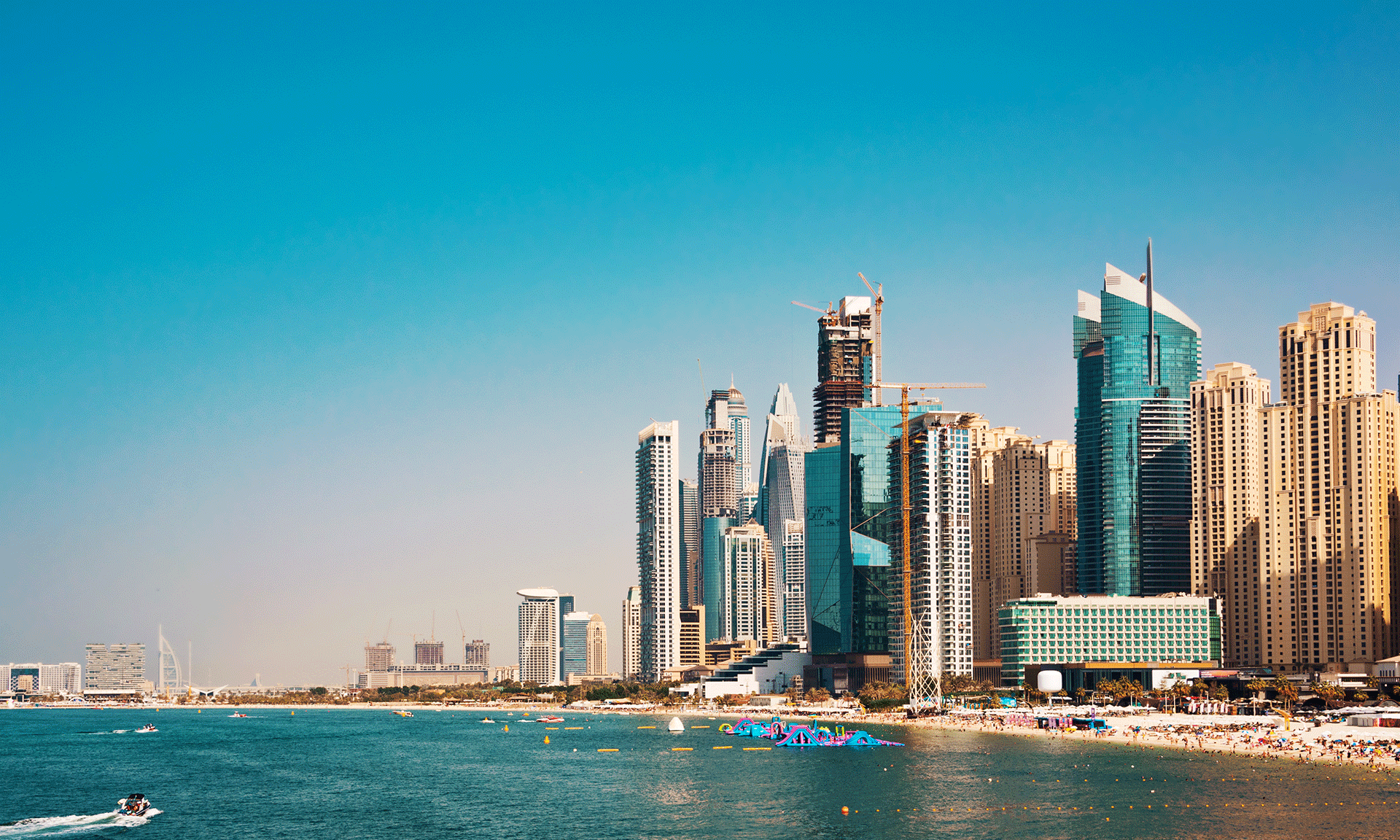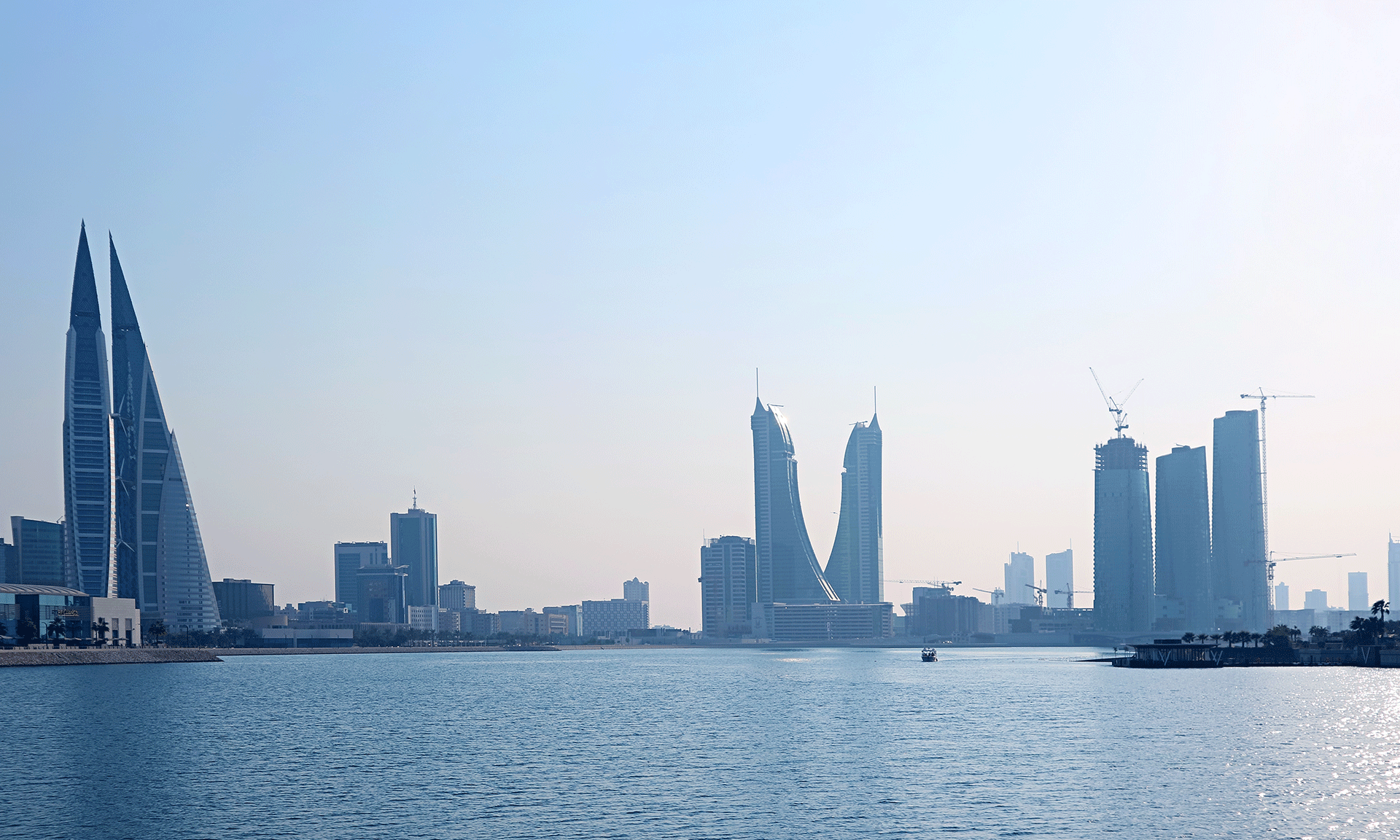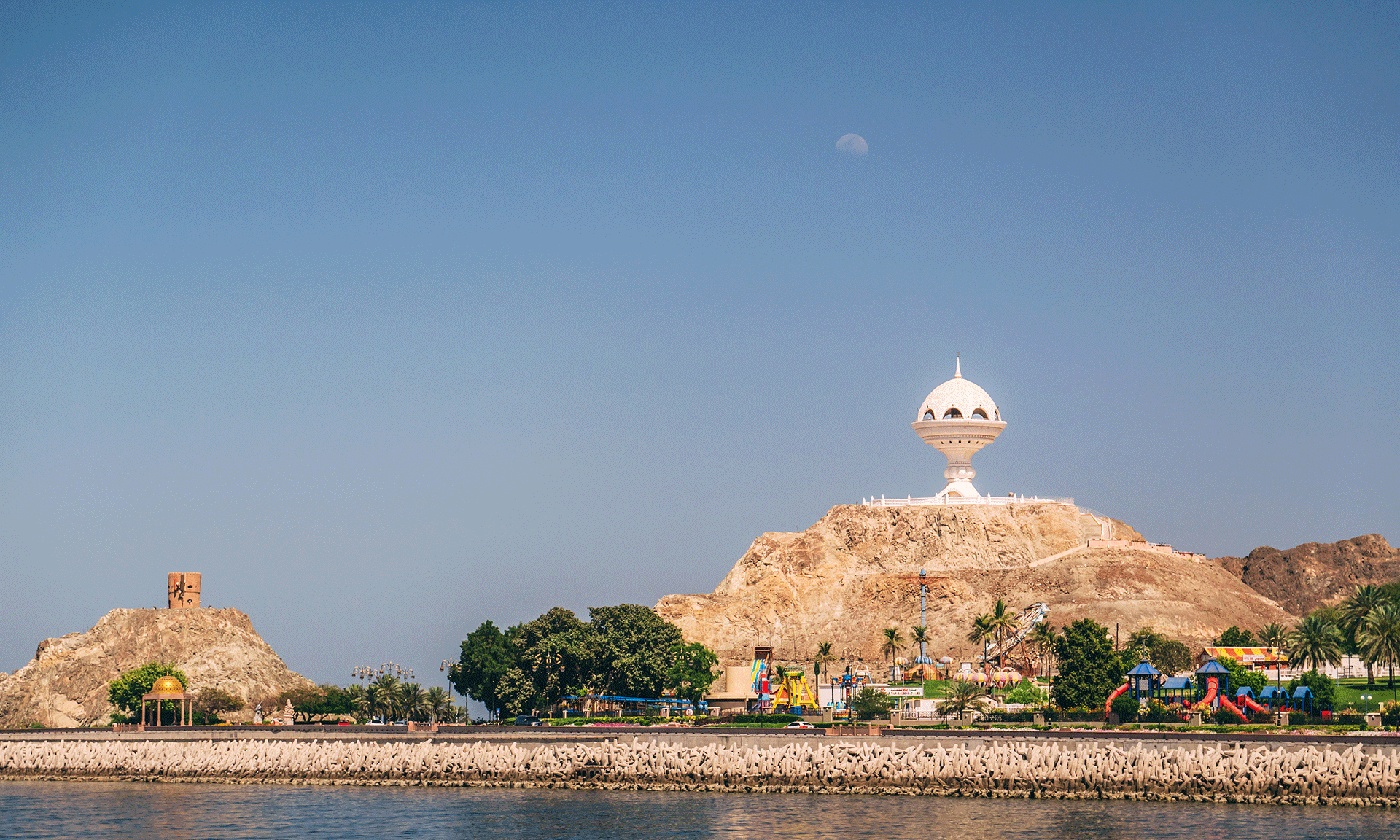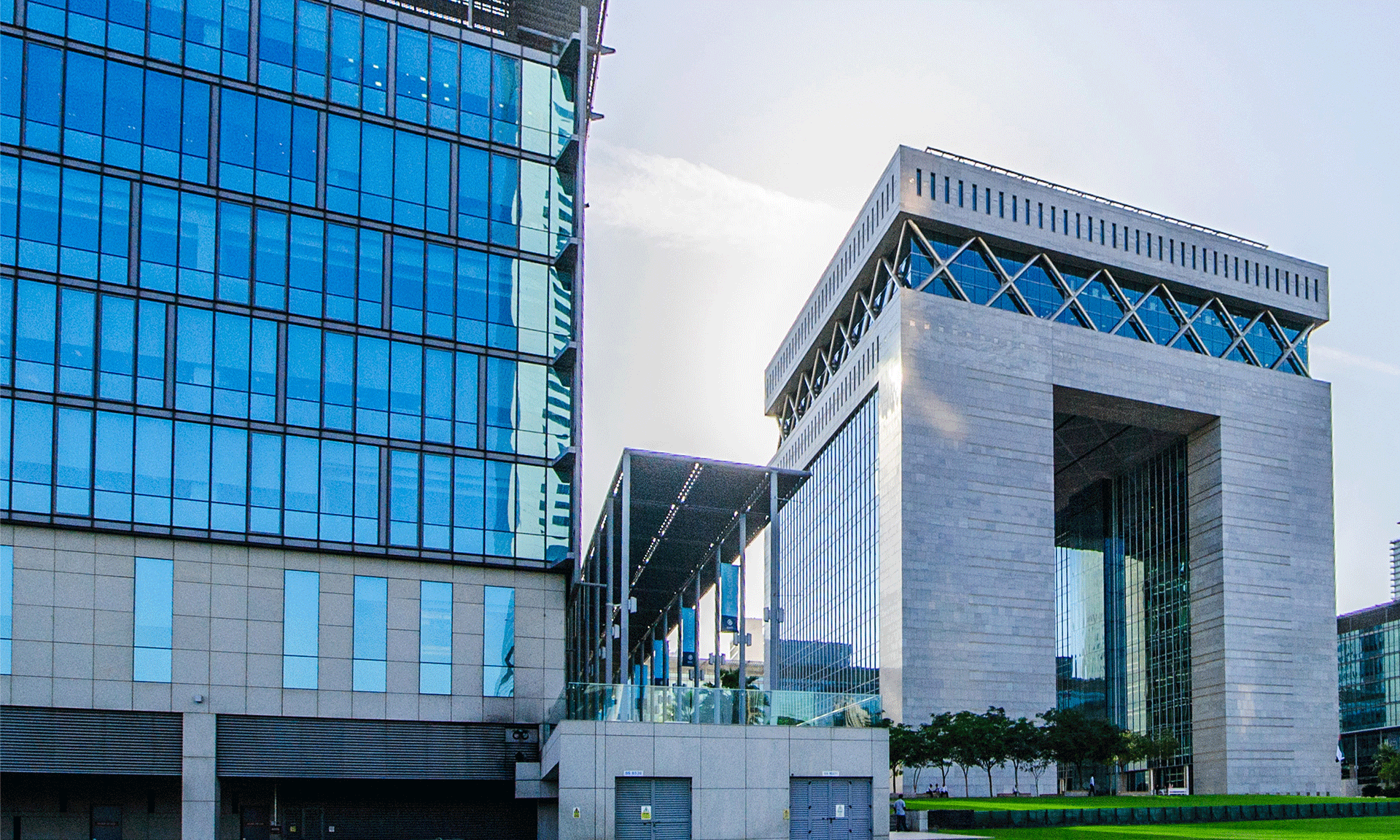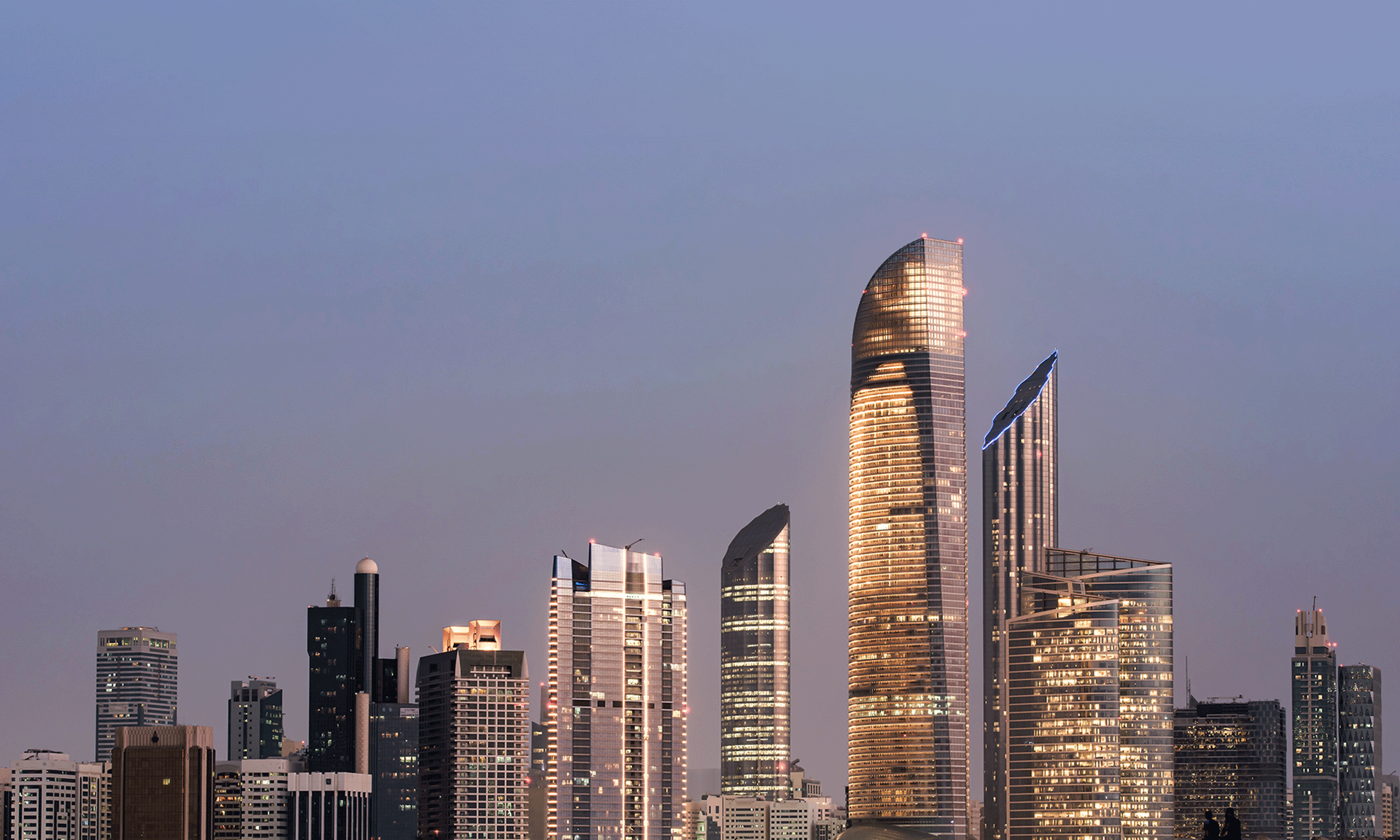The UAE government has been operating methodically on the task of diversifying the economy and is also investing in a big way in further developing the education and science sectors. They are utilizing new innovations and latest and progressive technologies, which are introduced via several start-ups. The number of schools and other institutes spread across UAE is set to increase in the coming few years. The main cause for this development is the continuous rise of the nation’s population. Going by the statistics, the country’s population has exceeded the 10 million mark last year.
Constant population growth contributes to the fact that more than 1 million children and people below the 25 years of age reside here. This calls for an enhanced demand for setting up additional schools and educational and training institutions at all levels, starting from pre-school, secondary schools, to universities and colleges. Though the increasing population also gives new workforce, but fresh investments, particularly in the education sector, are required for its proper development.
The nation has witnessed stable growth of GDP per capita as its GDP growth rates rank among the top-most not only in this region but also worldwide. With a constant rise in income, people tend to do extra investment towards their personality development and education, which in turn fosters further development of the educational sector in the UAE. Besides that, the overall development of the economy has also enabled the expansion of the educational sector at a higher level like professional courses, seminars, trainings, and other similar events aimed in increasing the competence and enhancing the skill-sets of the workforce.
Various educational programs are developed and executed here; an example could be the Emirati school model, or the government strategy named “Education 2020”. There have been innovations in this sector such as the new codes made for teachers and their new evaluation process, the all-new licensing process and the latest curriculum. The government has been planning to spend almost 10.4 billion Dirhams (2.83 billion Dollars) from the central budget for achieving this objective.
The UAE boasts of a developed sector offering premium services, which also applies to the education sector. Both Abu Dhabi and Dubai open new educational institutes and private schools every year; for example, last year 13 new private schools were opened in Dubai and 3 were opened in Abu Dhabi.
The government is aware of the fact that profits they gain from petroleum products’ sale would support the nation’s economy for many decades. However, the potential is limited and now the government needs to take care of newly-introduced income sources for the local budget. Developing the education sector is imperative for the diversification of the economy as the country requires educated and trained people who could help to develop new technologies, science, work in high-tech industries, in the medicine field and similar areas where specific skill-set and know-how is needed.
The government has also begun executing various new integrated programs with an objective to develop the education system of the country. Therefore, the Ministry of Education gives its unwavering support to educational institutions and schools and also helps them in their constant modernization. For instance, the state program called Programmed for International Student Assessment (PISA) and Trends in International Mathematics and Science Study (TIMSS) are being executed here. These steps are being taken with an aim to bring up the standard of education in various schools, colleges, and its universities to match up to a global level or of the standard of some leading and top educational institutions located in Europe and the USA).
The authorities know that if they invest well in the education of younger generation today, they would reap the benefit of getting educated residents in the near future, who will, in turn work towards developing UAE’s economy.
The good news is that the education sector has been developing exponentially in the UAE in the last few years, and this rise is only expected to accelerate further in the next few years. So if you are wondering on how to open education institute in Dubai UAE, do get in touch with us, and our experts in this field would be happy to assist you.











